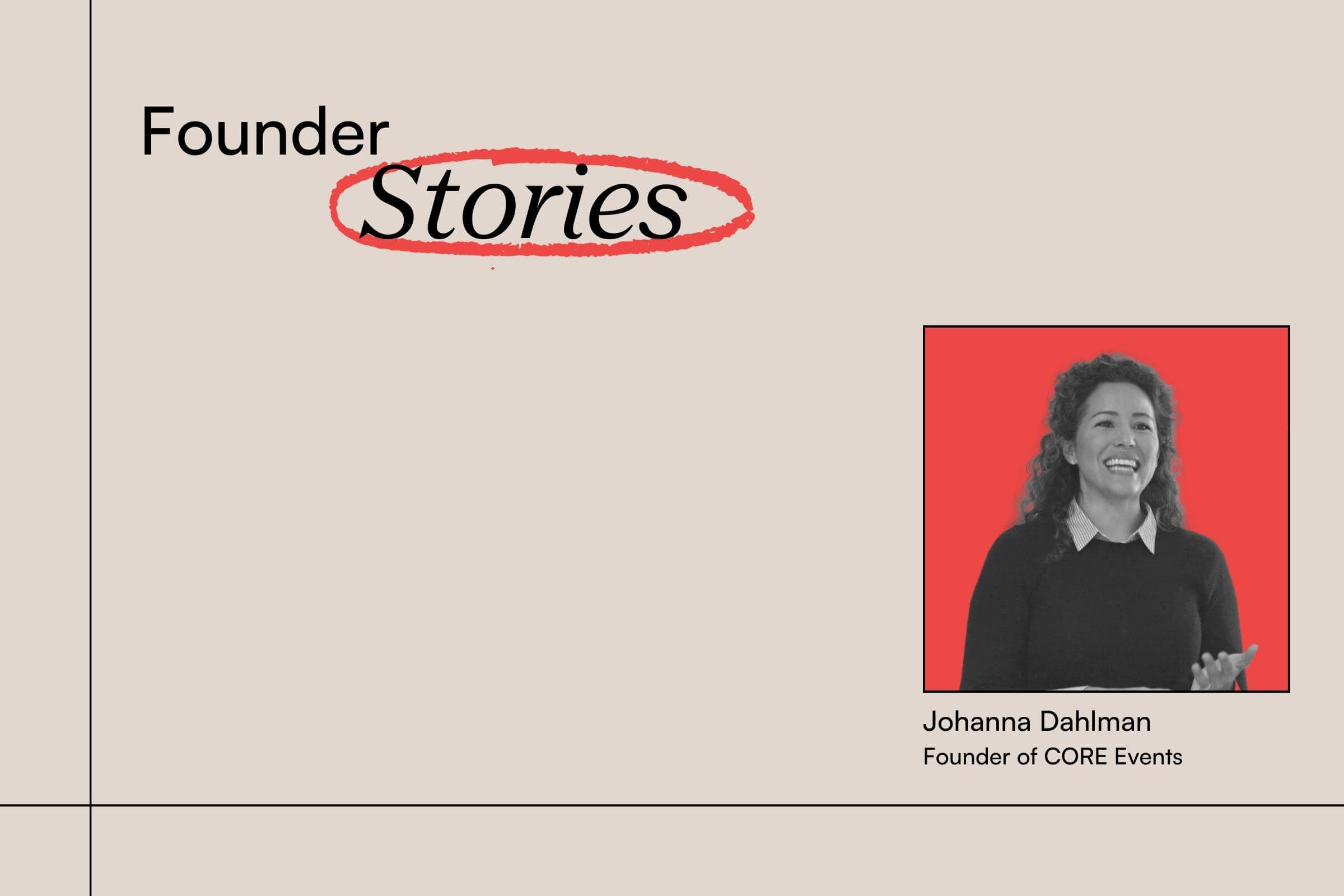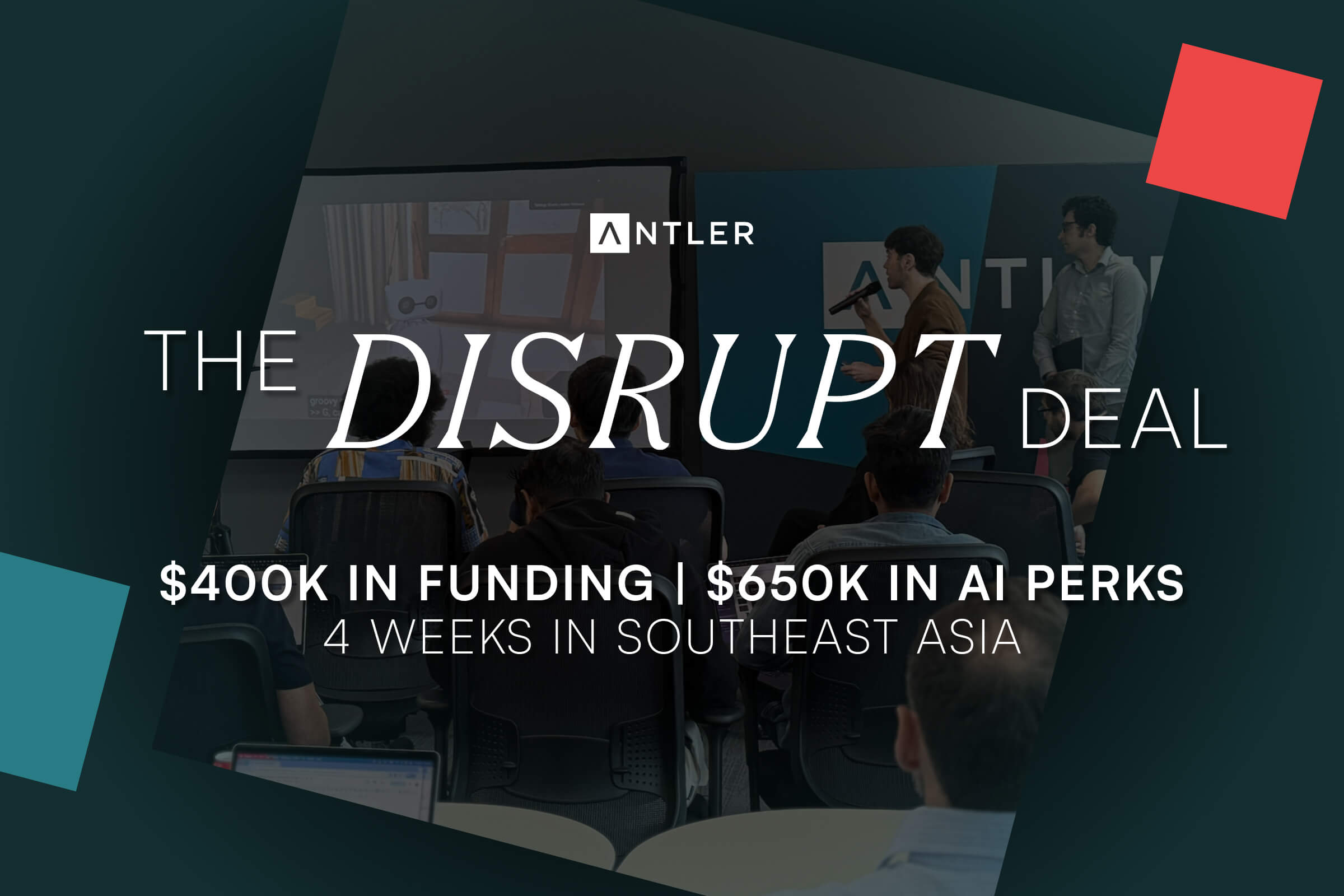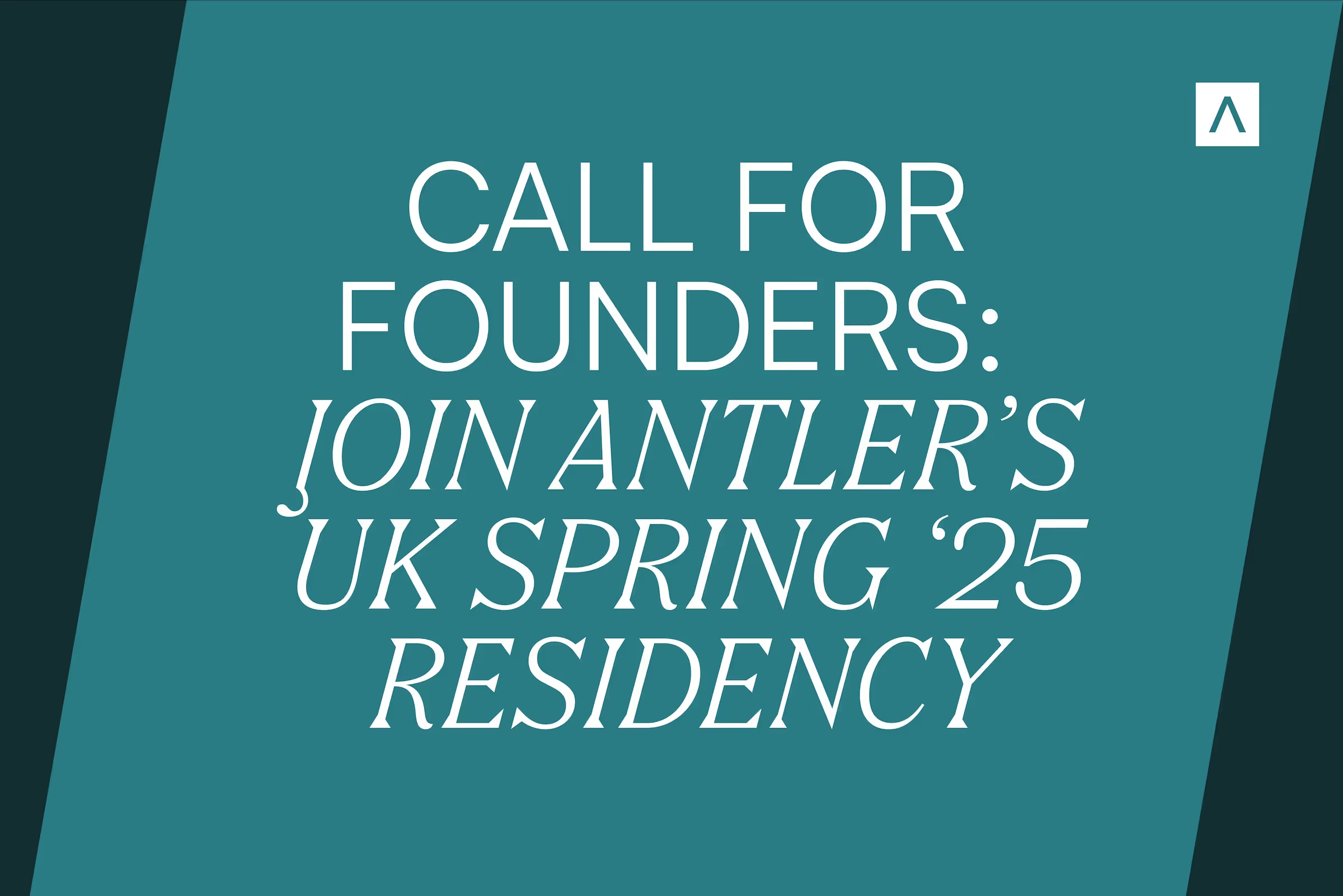Johanna Dahlman has been passionate about bringing the best performance out of people by empowering them with the knowledge of mindfulness. Johanna is the founder of CORE Events, a creative initiative connecting entrepreneurs, businesses and companies with hands-on mindfulness, corporate wellness and stress management techniques. In light of the new decade just around the corner, Yingzhao Zhu caught up with her to get the latest tips on how she is helping startups and entrepreneurs thrive through mindfulness.

As a startup founder, the golden rules of being positive are hard to maintain. As an entrepreneur, every aspect of the business demands large amounts of attention, and sometimes it's just hard to keep your spirits up consistently. Sustaining the high performance of founders will be strengthened when attention is equally spread out in all areas of business, and that's where mindfulness comes in. Mindfulness is not all about "paying attention" - it's about being present while keeping the clear picture of the future in mind. Judgment free, shame free, peace of mind. Period.
Q1: Can you tell us a bit more about why you got interested in mindfulness, and especially the angle of "Enterprise Wellness"?
I used to work for Fortune 500 and 100 companies such as Apple, and startups myself- the work is demanding yet exhilarating, allowing you to keep working at all times and days without noticing years have gone by. I have high standards for myself and kept pushing to do more. I came with high level of commitment, strong work ethics, and was always saying "Yes" to all of the projects that came my way, taking on much more than my job title. In the middle of several life and work transitions, I was diagnosed with alopecia, an autoimmune disease, and lost 50% of my hair. Many attribute chronic stress as one of the culprits. Diet & lifestyle, however, are key to having a strong foundation of health. If I were to look back at my childhood and my career, I see many are in the same boat- bound for the destination of obtaining a health scare or illness. This is primarily why I am very vocal about health, because it's the one resource you cannot get back. You can get better and regenerate but other times you cannot and your body isn't so resilient. Let's work on health so our one precious resource is good for today, tomorrow and beyond.
There's always a lot of factors when illness strikes. I used mine as a loud sounding alarm, as I never had been sick, never called in sick and never missed school or work. I slowed down and stepped out of corporate at that time, set up my own company, and seriously revisited my to-do list and life goals. With alopecia, I started to value life and realized health can be finite. I revisited my objectives and goals, and started to focus on the long-term impacts. Corporate health and related aspects will create an impact that lasts for a long time. People really need to understand the power of corporate wellness and health in general. People can take on excessive stress for a short amount of time, but when the stress continues to add up, people will start to experience negative impacts, such as low engagement, stronger desire to switch jobs, and low stamina to commit to one company.
In the end, I wanted to commit more of my time into corporate wellness not only because of my own situation but also, all around me, I saw people's engagement and ultimately their unhappiness and health decrease, and I wanted to do something about it. Health determines our quality of life; it's the only thing that matters in the end, as it allows us to fully function in our roles, wholly and at full power; it also has a domino effect into other areas of our lives that hinge on this balance.
Q2: How could mindfulness impact people's attitudes and health?
The impact is a chain reaction: mindfulness will first impact one's behavior, and when the behavior becomes more consistent and daily, it starts to build into a routine which will impact your health immediately and long-term results will flourish.
Almost everyone has once started a diet or tried to commit to a health regime at the beginning of the year. Statistically, these types of resolutions never last - 95% drop off by the end of the month. Consistency and discipline is key to everything. Mindfulness practice, is really an everyday, every moment practice.
Good habits & behaviors are foundational. Parts that build up a healthy and balanced life. This needs to be learned and practiced repetitively. For example, what's the first thing kids learn when they enter kindergarten? The very basic and little things that shape their behavior: politeness. "Raise hands when you have something to say, take turns to eat and go to the toilet, etc." Behavior training is installed from a young age, however, no one is teaching us meditation, self-awareness, emotional intelligence, nutrition, diet and lifestyle- these are left to our own devices and are crucial in this busy world where everyone wants to go faster, harder, stronger. Therefore this message is increasingly important as we start to see everyone from school children to adults battle the pressure of school, work and life which results in depression, anxiety and other health concerns.
Everyone needs to learn their limits and what creates a healthy boundary and know when they are at capacity. Having been diagnosed with an autoimmune disease, then being able to reverse it, I knew diet and lifestyle were are the core of the problem. If we could teach this to children and adults, we will have a more balanced and healthy population without the need to have everyone go through similar experiences of illness or burnout or other chronic diseases.
Q3: What's your philosophy on applying mindfulness to the intense entrepreneurship scenario?
Mindfulness is a part of culture, and it needs to be part of the startup culture, part of every entrepreneur's DNA.
Implementing mindfulness into a company has to start from the top, and give space and room for mindfulness to grow. Also, getting inclusion, "buy in" from all employees is important. In order to do that, startups have to have the right tools and mindset. It is important to acknowledge the external force at the beginning. Have some compulsory sessions, get feedback and offer up time and space for mindfulness practices, learnings and lessons. Consistent practice and self-care will help people become more mindful. In that way, leaders can get participation and commitment from their employees.
Additionally, if we work with adults, hopefully, they can also pass down the learning to their friends, family and children. Developing the young is important so they don't have to go through a health scare or panic attack due to not handling stress or life pressures appropriately.
Q4: How would you say mindfulness would benefit founders at Antler?
We have to realize that mindfulness is extremely critical for productivity. To be present, to achieve these goals, to measure your progress... all these habits people will shape their ways of life, so they can be less distracted, less stressed, encounter less depression and increase workflow, productivity and prosperity. At the end of it, they will experience increased positivity, engagement, dedication and the team or company will thrive as a unit.
One instant example is to eat lunch and enjoy it away from their desk. To commune with fellow coworkers and get to know someone new each day. Taking a break and walk outside to get some fresh air and sunshine. We cannot force ourselves to continuously work without taking into consideration our surroundings, health and mental wellbeing. Being mindful of what we eat is the most basic and fundamental starting point to live mindfully and healthfully.
Q5: Moving into 2020, we'd love to hear some daily practical advice on how our founders can implement mindfulness into their teams.
Start from the top - mindfulness should create inclusion, participation, commitment, and have some sort of space and room for growth - where people can suggest how we do things better. It's also key to lead by example. Just like how children learn from parents, leaders need to set themselves as models, which the teams will more likely follow and emulate.
Lead by example and increase the space of it. This also works if you have remote teams. Sometimes you can do a team retreat, strategy sessions, or team building, which will help the employees to get mindful during this time. Different teams need to connect outside of office settings and gather inspiration from nature. Gatherings encourage cohesiveness - creating bonds but also brings everyone on the same page. You of course also need time in the office, yet it's best to use both settings to balance and nurture growth and stimuli.
Q6: Why is setting your boundaries and balance for 2020 so important?
Boundaries lead to balance. If we don't have boundaries, we never have balance. Both roads meet, and they will merge into one. Boundaries with families, friends, social engagements, peers, colleagues, friends can help you divide and distinguish areas in which you might need more boundaries. Start with the ones you have contact with every day to the ones that are toxic, negative, and leave you feeling bad. Continue with work, and your entrepreneurship family - if we can enhance each area you will see more results rapidly which leads to balance. By building up your own boundaries with different groups of people, you can have the freedom to say "yes" to the things that you really want to say yes to, and gain the courage to say "no" to the things that won't satisfy you or take you further towards your goals.
Some seemingly "abstract" techniques, such as stress management, breathing techniques, guided meditations, etc, will assist in helping you create your boundaries and balance. When you are mindful you create the habits of breathing... all these things add up, and soon we start to realize how they impact our lives. What's the reason for saying yes to everything when you don't have the resources and your happiness/health is impacted? You get short with people, and what you do and how you behave is not reflecting the true you or the best version of you. Mindfulness is a chain reaction of events, if we start with positive methods then that transpires into all areas of life for a truly positive and uplifting experience.












